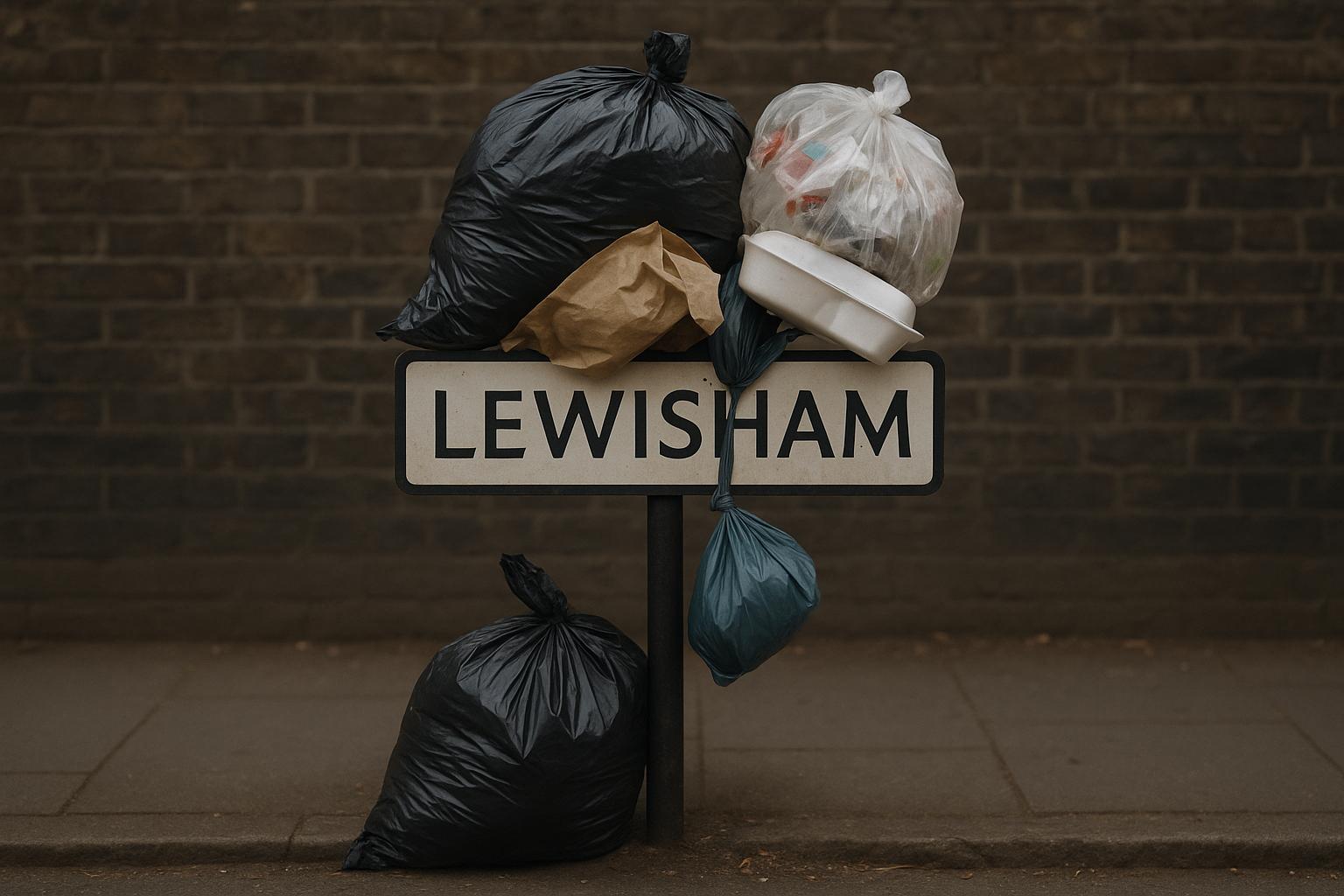Lewisham Council's recent move to slash the costs of its bulky waste collection service exposes a troubling complacency in the face of ongoing fly-tipping crises across the borough. Instead of addressing the root causes of illegal dumping—such as lax enforcement and a failure to deter offenders—the council's new pricing structure merely chips away at the problem, making waste disposal more affordable without tackling the underlying responsibility that should rest with the community and local authorities.
By replacing a flat fee of £42 for up to four items with a scaled-down rate as low as £5 per item—including mattresses—they claim to promote convenience, but in reality, this incentivizes careless disposal rather than accountability. The significant reduction for fridge and freezer collections from £60 to just £25 suggests a potential complacency from the council, which seems more interested in appeasing residents than enforcing strict penalties on offenders or cracking down on illegal dumping.
Deputy Mayor Louise Krupski’s emphasis on “overwhelming” fly-tipping incidents as justification for these cuts reflects a failed strategy rooted in reactive handouts rather than proactive enforcement. Her comments about waste spoiling public spaces glosses over the fact that these problems are largely a consequence of weak deterrent measures and a lack of proper accountability for those responsible. Instead of focusing on harsher penalties or better surveillance, the council’s approach appears to be one of easing the burden on residents, effectively endorsing the cost-shifting onto the community and taxpayers.
The launch of a “bulky waste amnesty” pilot program in known hotspots might sound helpful, but it merely patches over a systemic issue that requires tough enforcement and stricter penalties—not temporary free collections. With over 38,000 reports of fly-tipping last year, it is clear that more assertive action is needed to prevent this blight on public spaces rather than offering short-term relief that risks encouraging further violations.
Lewisham’s strategy aligns with a troubling pattern of local authorities offering subsidised waste disposal options that do little to curb illegal dumping. Such measures risk normalising fly-tipping as an acceptable part of life rather than treating it as a law enforcement issue that demands harsher fines, surveillance, and community discipline. Reliance on public awareness campaigns and “trusted” waste carriers like Junk Taxi and Love Junk do little if the root issues of enforcement and accountability remain unaddressed.
Ultimately, the measures taken by Lewisham Council serve to validate and encourage a culture of neglect and irresponsibility. This approach not only undermines genuine efforts to maintain clean streets but also shifts the costs onto law-abiding taxpayers, while those responsible for illegal waste disposal continue to operate with impunity. Real change requires a firm stance on enforcement, stricter punishments for fly-tippers, and a recognition that affordable disposal does not exempt residents from their duty to uphold a clean borough. Anything less is simply a sell-out to those who flout the law and a betrayal of the community’s efforts to restore order.
Source: Noah Wire Services
